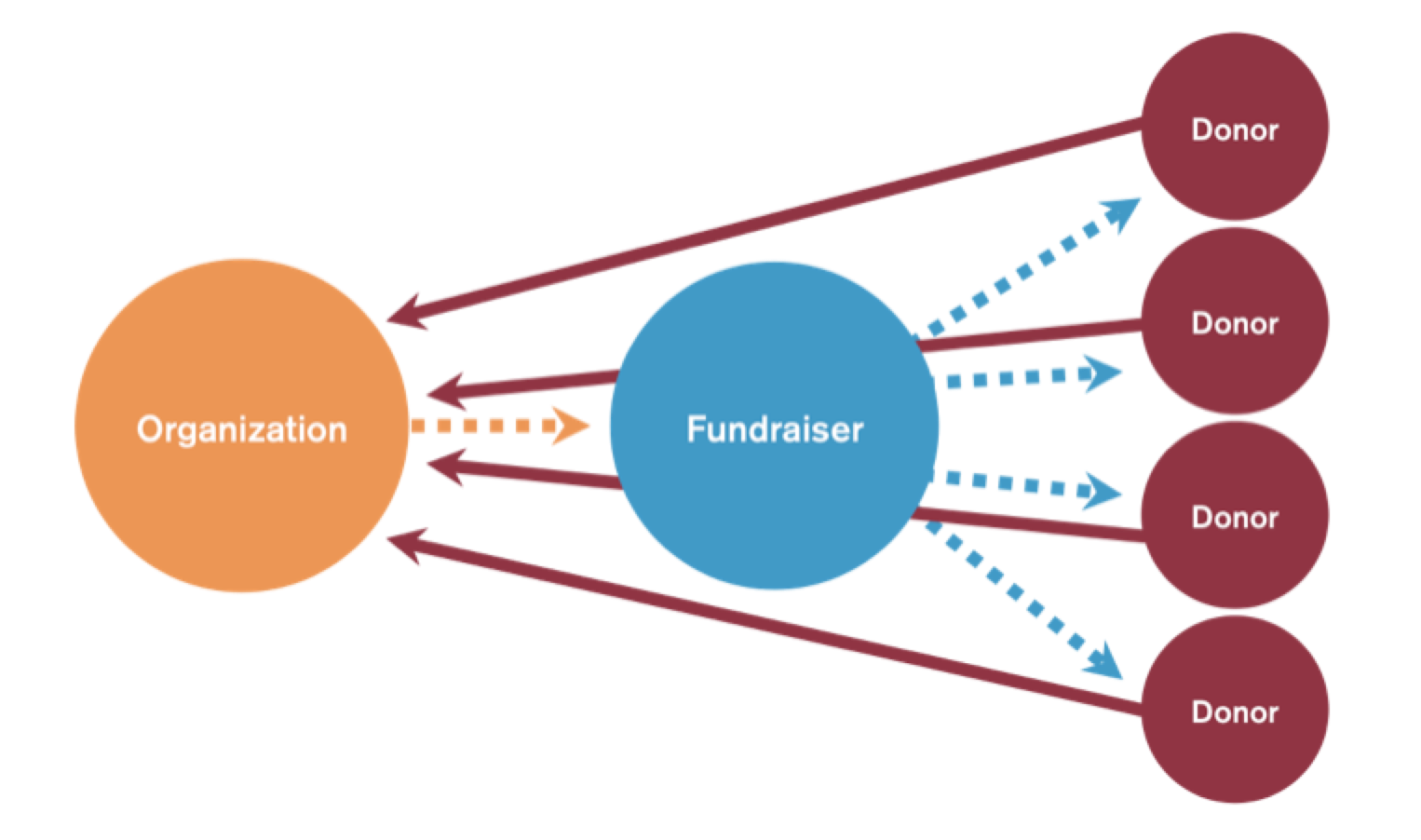 In my experience, major donors have a reputation for being untouchable. Communication with this group is often a delicate dance in which few risks are taken due to the high-dollar annual contributions that are at stake.
In my experience, major donors have a reputation for being untouchable. Communication with this group is often a delicate dance in which few risks are taken due to the high-dollar annual contributions that are at stake.
A great example of the fundraising potential underlying major donor relationships surfaced while I was in one of my very first development roles. Early into this position I was tasked with managing a small peer-to-peer fundraising campaign that was the brain child of a handful of our major donors. They wanted to do more than just write checks. They wanted to tell all of their friends about the cause, and they absolutely loved golf. With a very simple, third party peer-to-peer fundraising platform and the golf-marathon challenge of a lifetime, these major donors raised over $60,000 to support a small, local organization.
Whether you’re working with a multi-billion dollar operating budget or a budget totaling under a million, the fundraising potential that lies within your major donors is substantial. Here are three reasons why your next ask to your major donors should be to fundraise:
No matter the size of your program, you likely know the answers to the following questions about your major donors.
What do they like to do? Spend your time surfacing ideas from their interests rather than brainstorming them. If your most loyal supporter is a wine connoisseur, then perhaps they host a wine tasting event with their friends to benefit your organization. Or maybe you’re an environmental organization and many of your donors love to hike; ask them to fundraise around a challenging trek.
Would they say yes? Don't overthink this one. It’s easy to tell which of your major donors would like to write an anonymous check every December, and which want to yell about your cause from their rooftops. Because you already know these donors so personally, determining who to start with should be a no-brainer.
The barrier to entry for many donors considering fundraising on your organization’s behalf is the fear of asking for money. They’re not sure how to ask and organizations are responsible for providing resources and support to guide their fundraisers through the process. However, major donors are often already very familiar with the asking process, and very familiar with the experience of being asked. By no means does this indicate that they do not need fundraising support, but we can be pretty confident in their know-how.
Sure - many major donor programs have a calculated, precise formula of stewardship and cultivation, but I challenge you to bring this process into the networked world. Feeling like you need help building a strategy like this? Shoot us a note.
Explore the amazing world of peer-to-peer in our e-book "The Participant Gears" and discover why people participate in P2P programs. Download your copy today!
These Related Stories


Comments (2)